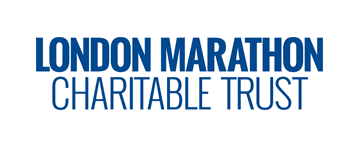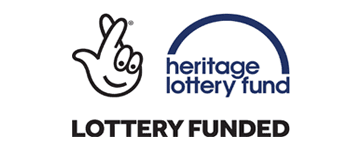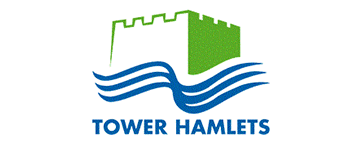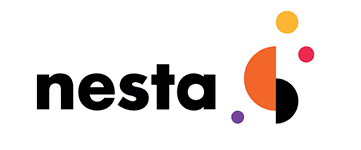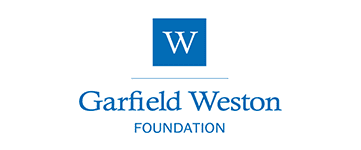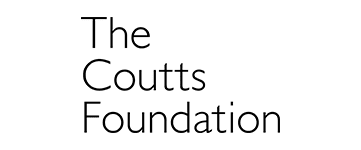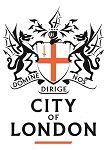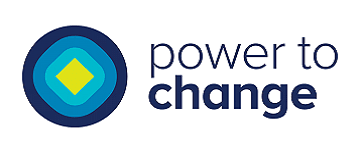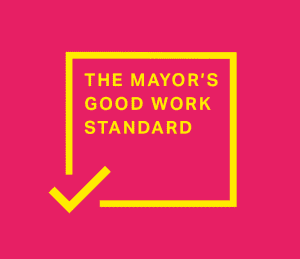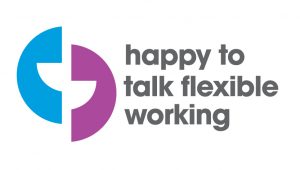Guest Blog: The role of participation in the production of knowledge
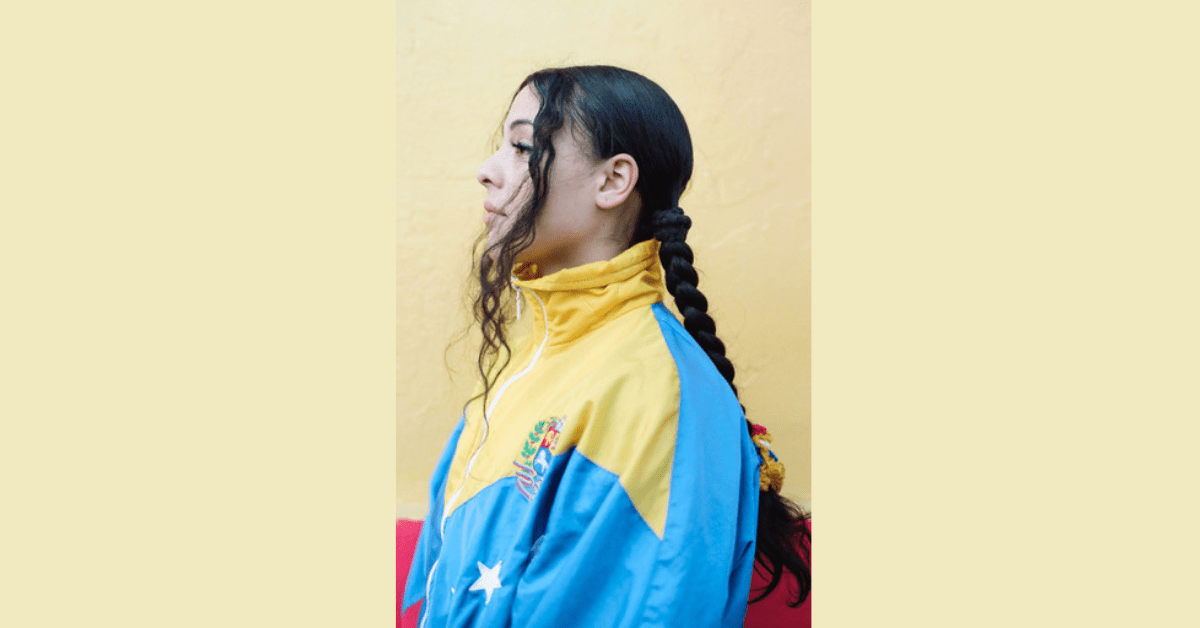
By Priscila Hernandez, Project Officer on Thrive LDN’s research & evaluation team
We’ve all heard the cliché knowledge is power. Well, if knowledge is power, then we must ask the question of who gets to produce and influence knowledge and, importantly, why?
Research has historically taken an objective approach to the production of knowledge. The production of knowledge here refers to the process of collecting evidence and insight to inform the understanding of concepts. The more one is removed from research processes the more likely their results are deemed credible and influential. Indeed, it is important to remove biases from research. However, in the strive for objectivity, research runs the risk of becoming out of touch and alienated from the subject of study. This is particularly problematic for social research where it becomes significant to explore and understand the social environments, experiences, and desires of those affected by social issues. Even more so when the aim of research is guided towards tangible social change and impact.
The role of the researcher here is not to maintain the status quo but rather to facilitate the participation of the public, ensuring the voices of those marginalised in society are centred and self-empowered to create change and challenge existing power structures. Participation plays a crucial role in altering the power dynamics traditionally embedded in the production of knowledge.
We are therefore delighted to be working in partnership with Toynbee Hall and the Health Foundation on a Participatory Action Research (PAR) project exploring the emotional support of families to young people in the context of the increased cost-of-living pressures in the borough of Tower Hamlets. Participatory Action Research (PAR) relies on the active involvement and leadership of those with lived experience in the subject area to produce and influence research. Thus, challenging the traditional production of knowledge that relies on the sole leadership of academia and academics.
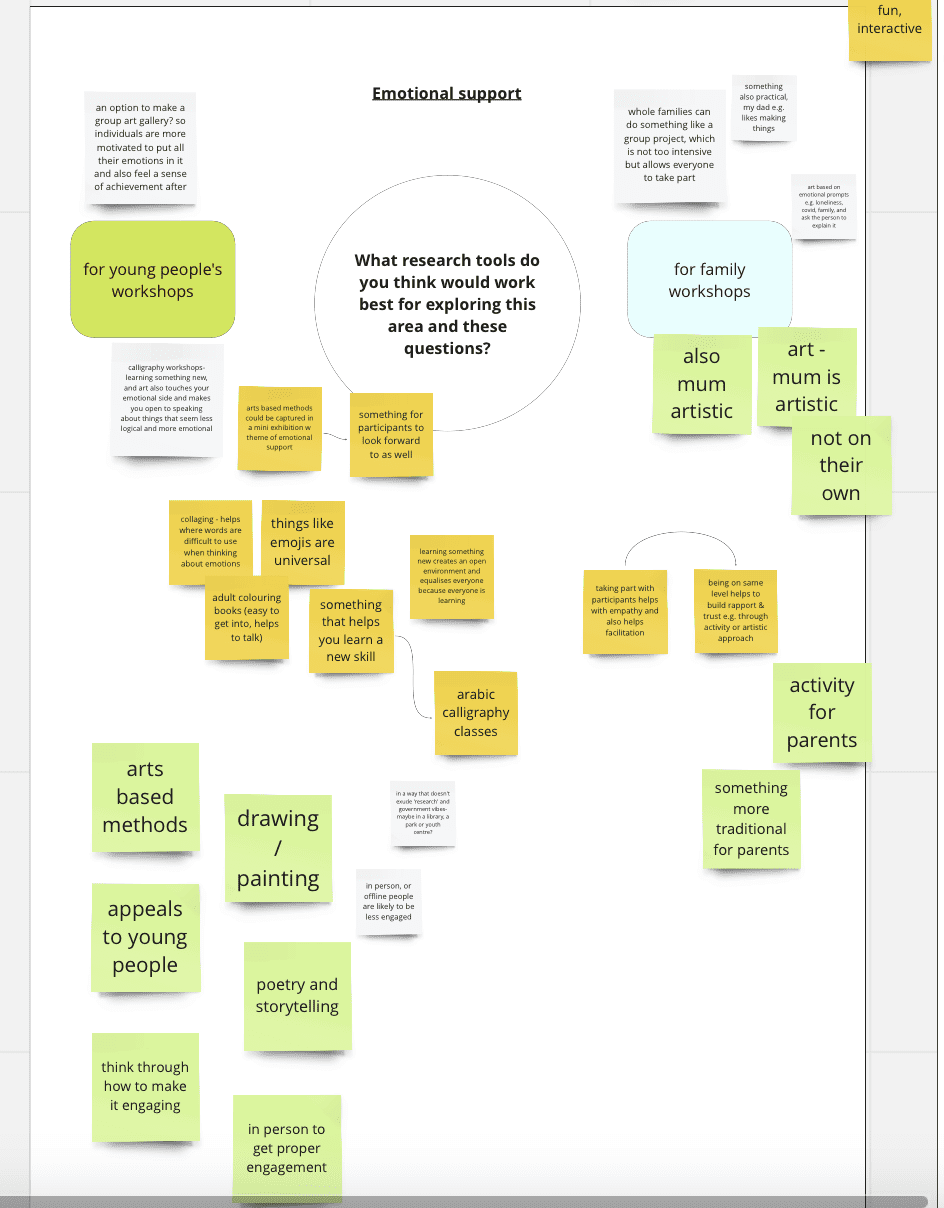
Screenshot of Miro board from a session with peer researchers, exploring ‘what research tools do you think would work best for exploring this area and these questions?
Three months into the project, our engagement and progress has been rapid and exciting. We have recruited ten peer researchers who will take the role of leading on gathering data from families and young people during the project. So far, delivering four co-designed sessions with peer researchers to understand what areas they would like to explore as part of the project and what they perceive as challenges to the emotional support that young people receive.
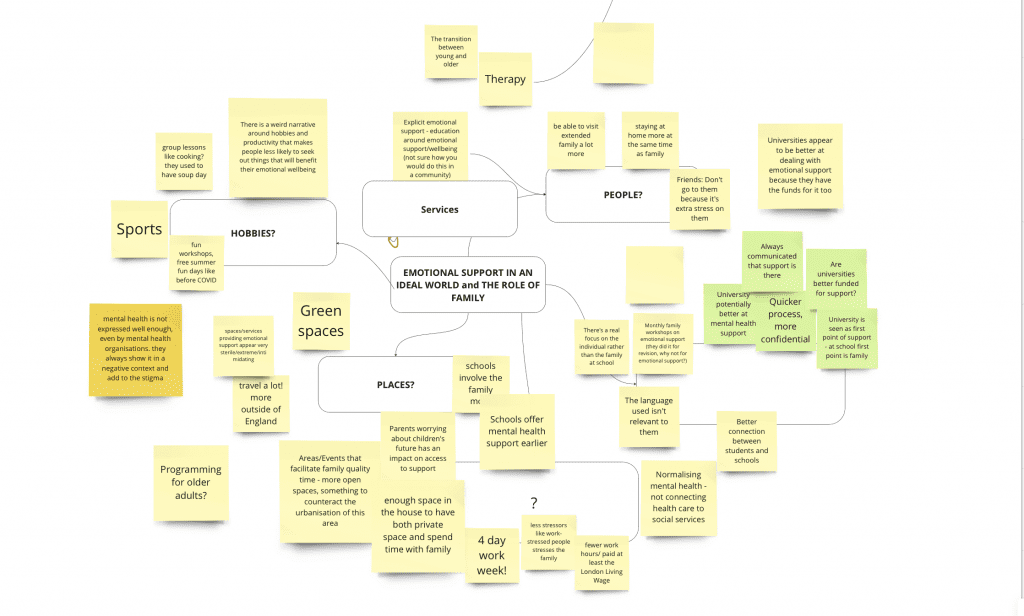
Miro board screen shot from a session with peer researchers, exploring the topic ‘emotional support in an ideal world and the role of the family
Significantly, all peer researchers embody, and share lived experience relevant to the project through their own experiences, by being a ‘young person’, and living in the local area of Tower Hamlets. Themes relating to current mental health provision and the challenges around waiting times and empathy towards the changing context for young people have emerged. As well as the importance of recognising stressors such as transitions to adulthood and the increased cost-of-living. Implementing interventions in educational settings has been reoccurring in discussions. As well as alternative forms of provision in community settings and opportunities to hold intergenerational conversations on mental health to improve communication among families.
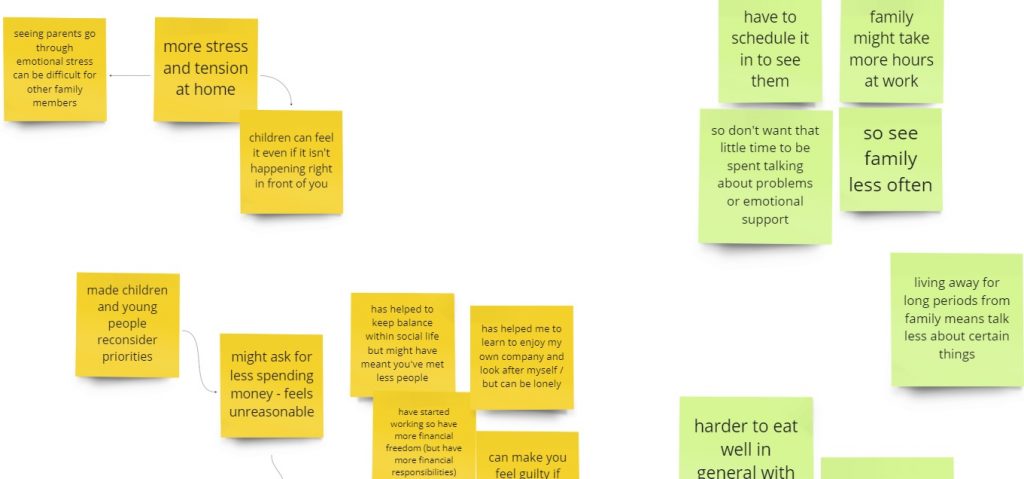
We have also delivered a steering group meeting where we invited decision-makers and community organisations to contribute their thoughts in relation to who has an impact on the emotional support young people get from their families, and the challenges and opportunities within this space. This has produced fruitful insights towards areas of power and influence across the network that will shape the impact of the project as it progresses over the course of the next year.
Further, we have most recently run a Theory of Change workshop where 10 steering group members and four peer researchers to explore the desired outcomes and activities of the project. We are pulling together these insights to understand how best to guide the project and stay true to the value of participation that this research has been established on. We aim to have tangible actions to follow from the workshop centring the desires of those directly involved.
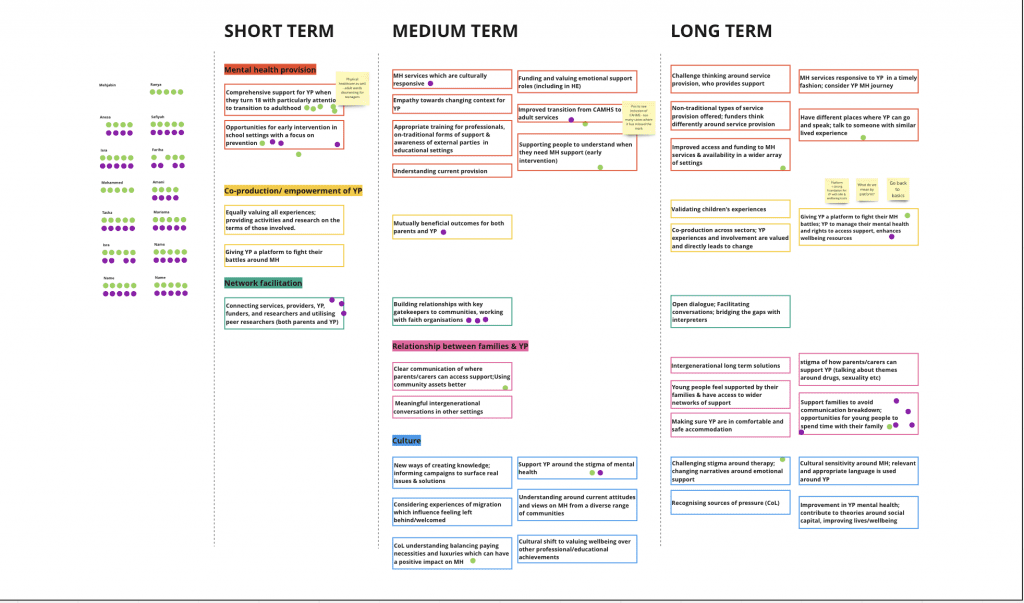
It has been interesting to reflect on how to manage various partnerships and levels of participation and we will continue to learn from this as the project develops. What we have seen so far in establishing the foundations of this project is the value that lived experience and participation brings to research and the possibilities that this creates for the future of producing knowledge and social impact.




